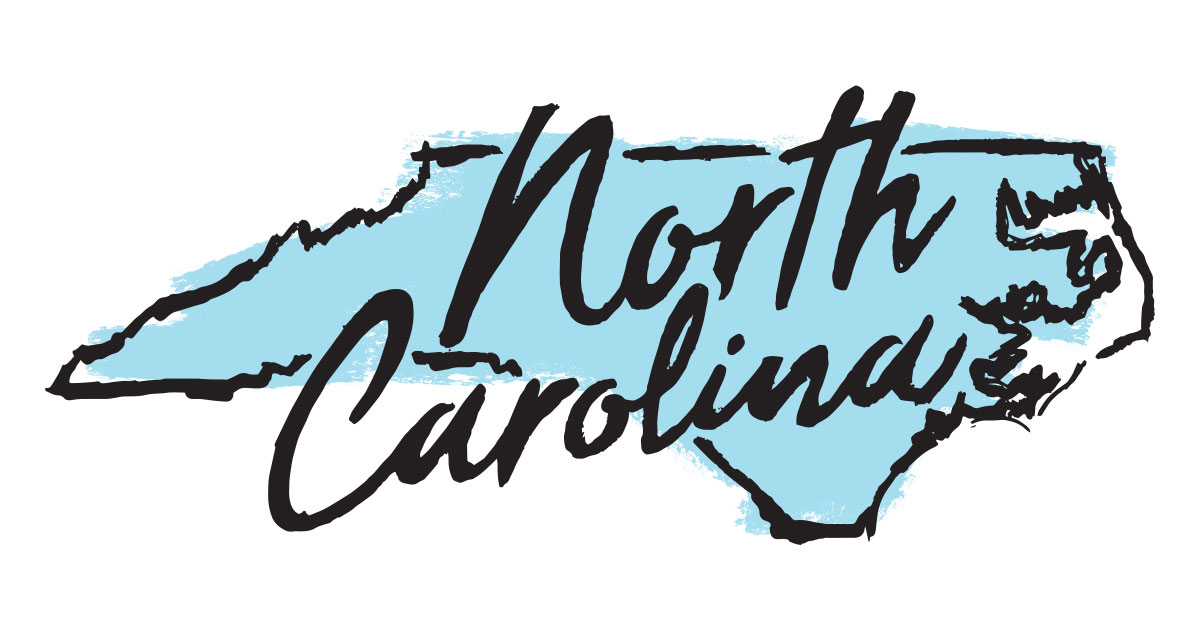We know their names by heart and everything about them, but we don’t truly know their meanings. Wonder what I’m talking about? The names of famous North Carolina cities. Have you ever thought about why Raleigh is named Raleigh? Or why Wilmington is called just that? Well, sit back and read below for the history behind the names of famous North Carolina cities.
Winston-Salem:
Let’s start with our hometown – Winston-Salem. Originally, the Camel City was two towns: Winston and Salem. The name Winston comes from local Revolutionary War hero, Joseph Winston. Until 1851, the area was known as “the county town” for being the county seat for the town of Salem in the newly formed Forsyth County. As for Salem, it bears its name from “Shalom” meaning peace. It was chosen by Count Zinzendorf, a patron of the Moravian town.
Raleigh:
North Carolina’s capital city, Raleigh, is the second largest city in the state. The City of Oaks is named after Sir Walter Raleigh, who established the lost Roanoke Colony in current Dare County. In 1584, Queen Elizabeth gave Raleigh a royal charter to explore and colonize land in the New World. His first attempt at establishing a settlement was known as the Roanoke Colony (the Lost Colony). Three years later, he returned and tried again to reestablish a settlement on Roanoke Island.
Greensboro:
Formerly spelled Greensborough, Greensboro is the 3rdlargest city in the state. The city gained its current name after the Revolutionary War. Major General Nathanael Greene was an American commander at the Battle of Guilford Court House on March 15, 1781. The battle was a British win, but Greene’s troops inflicted many casualties on British General Cornwallis’ army. Before 1781, the residents of Greensboro were Quakers from Pennsylvania. In 1750, they arrived in Capefair, the area now known as Greensboro. Quickly, more people came to the settlement, making it the most important Quaker community in North Carolina during that time.
Wilmington:
An important port city for various periods in history, Wilmington is currently known for being the Hollywood of the East Coast, its one-mile-long Riverwalk, and the coastal arena it provides people. The city was settled by English colonists and named after Spencer Compton, the 1stEarl of Wilmington. Compton was a British Whig statesman and is considered to be Britain’s second Prime Minister from 1742 to 1743. As for the area, the settlement was built in September 1732 on land owned by John Watson, and was founded by the first royal governor, George Burrington. Before deciding on the name Wilmington, the city was called “New Carthage,” “New Liverpool,” and then “New Town (Newton).” In 1739 – 1740, the town was incorporated under the new name, “Wilmington.”
Boone:
A quick drive up US-421 North will take you to the beautiful city of Boone, North Carolina. The area is famous for the Blue Ridge Mountains, skiing and snow sports, bluegrass music, and of course, Appalachian State University. One can easily guess Boone got its name from American pioneer and explorer, Daniel Boone. According to historians, Boone spent time camping at locations within the present city limits. His nephews, Jesse and Jonathan, were members of Three Forks Baptist Church, the town’s first church, which still stands today.
Charlotte:
The biggest city in North Carolina, the Queen City, and home of the Carolina Panthers, everyone knows the city of Charlotte, but few know the name’s meaning. It was first settled by Scotch-Irish and Scotch-Irish Presbyterians and German immigrants before the Revolutionary War. Charlotte is named in honor of German princess Charlotte of Mecklenburg-Strelitz. In 1761, she became the Queen Consort of Great Britain and Ireland. Seven years later, the town of Charlotte was incorporated. Along with its nickname, the Queen City, the city was often called The Hornet’s Nest, due to British General Cornwallis’ troops occupying the city during the Revolutionary War. Eventually, residents were driven out and Cornwallis wrote that Charlotte was “a hornet’s nest of rebellion.”
Next time you’re in one of these cities, you can show off your skills by testing your travel companions on their knowledge of the meaning of the city’s name.



















